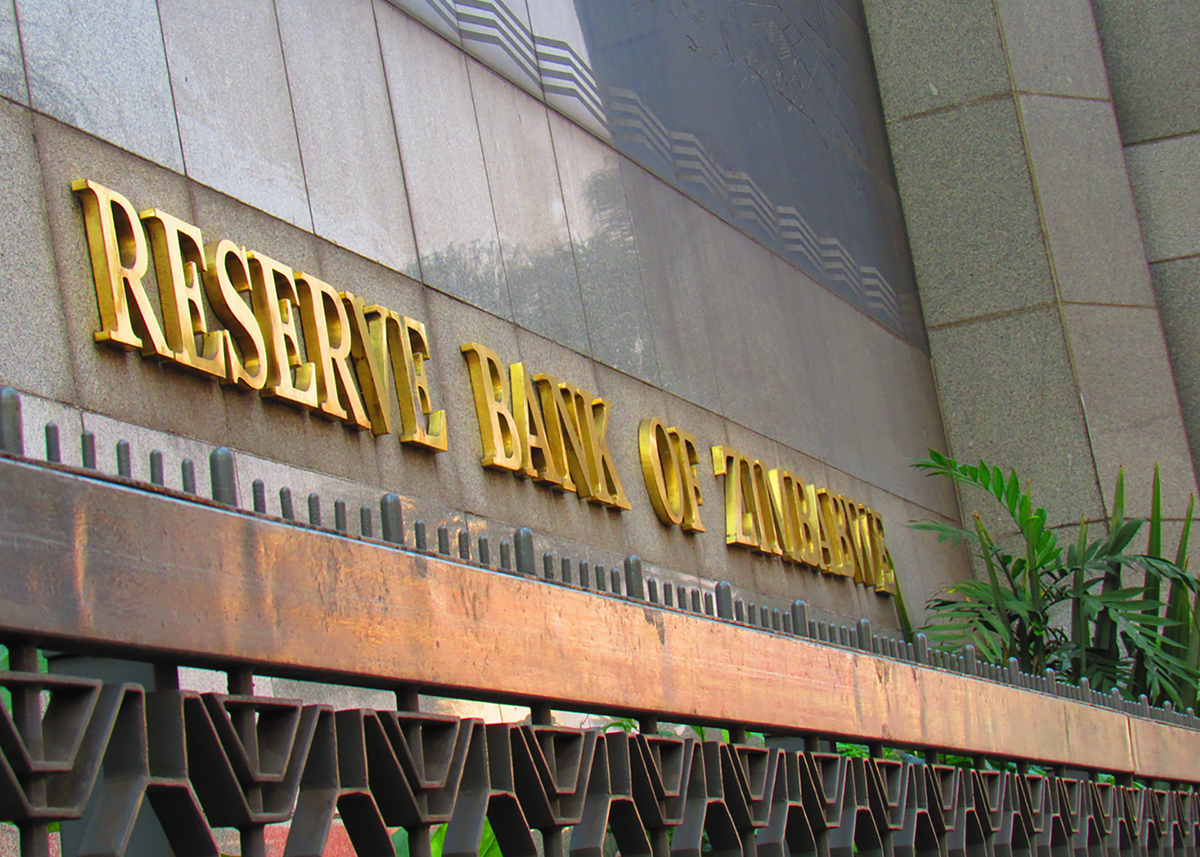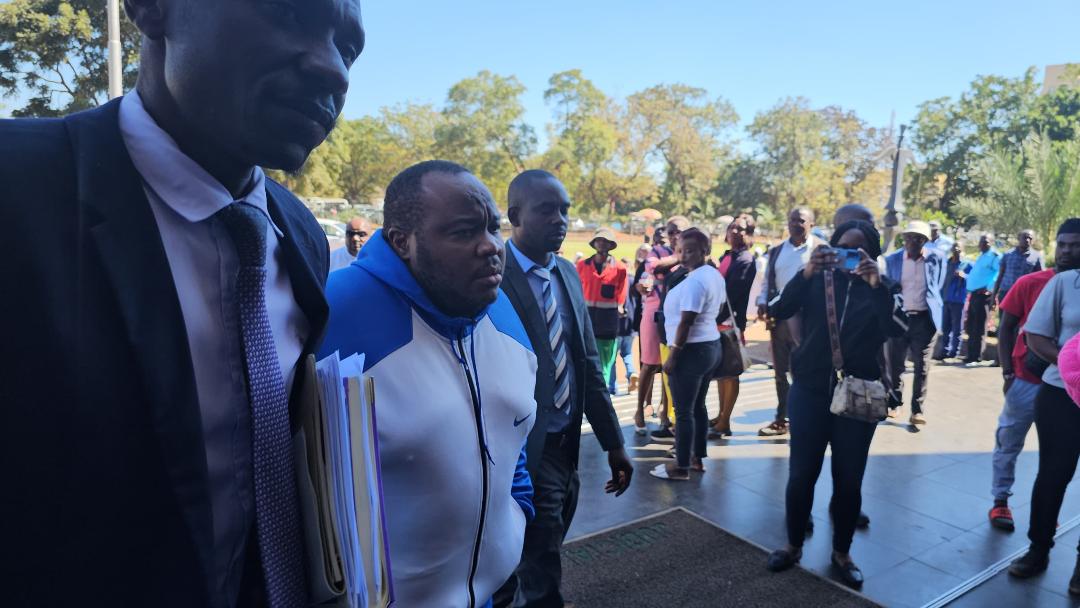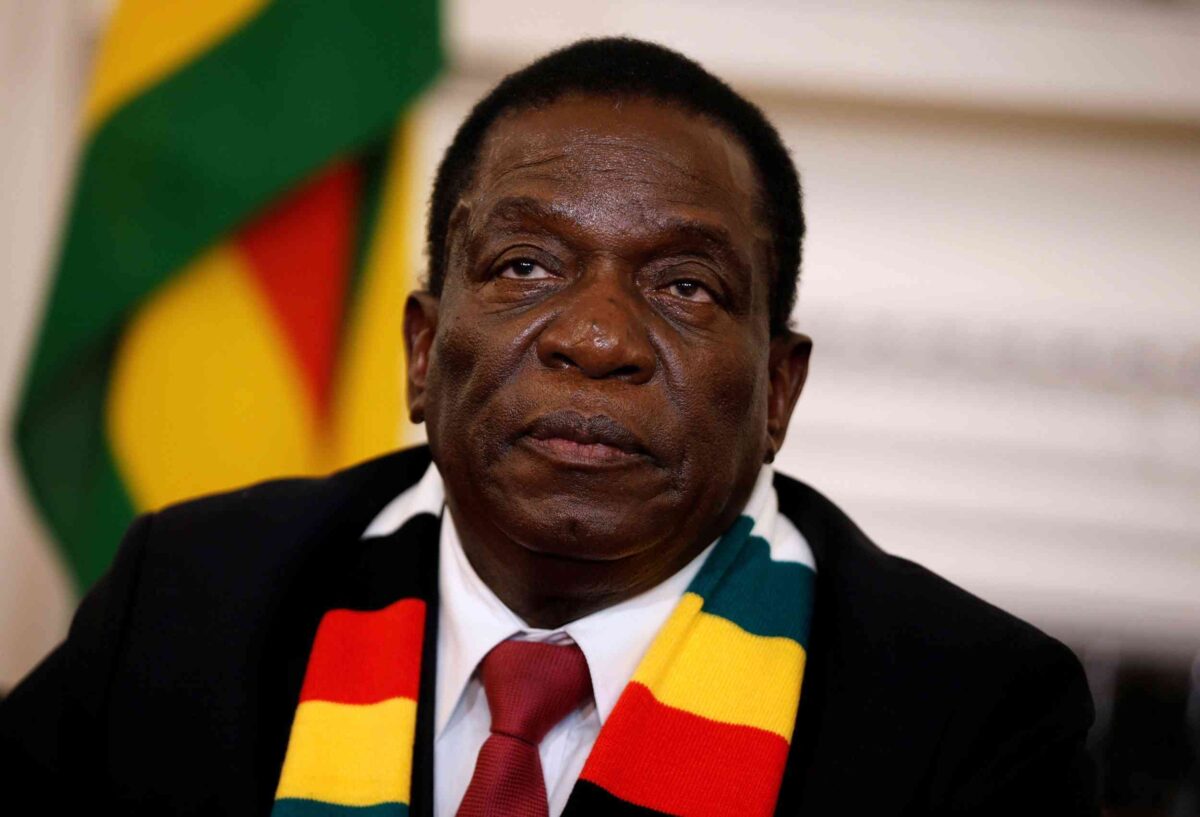HARARE – Zimbabwe on Tuesday lifted its controversial freeze on bank lending which banks and companies warned would raise the cost of doing business.
President Emmerson Mnangagwa on May 7 ordered the suspension with immediate effect, saying the move was meant to stop speculation against the Zimbabwean dollar, which has been rapidly devalued on a thriving black market.
In a statement on Tuesday, central bank governor John Mangudya said: “Further to the circular the Reserve Bank of Zimbabwe issued to banks on May 9, the bank wishes to advise the public that the temporary suspension of lending services by banks has been lifted with immediate effect.”
He said lending to companies that are under investigation by the bank’s Financial Intelligence Unit “for abusing loan facilities to the detriment of the economy” would remain suspended. The entities were not named.
The suspension of lending had caused carnage in the economy, with come companies suspending their credit facilities as banks warned that their survival was at stake.
Analysts from BancABC, the local unit of pan-African financial group Atlas Mara, said in a research note: “The government is using a blunt approach to try and address a long-standing currency conundrum.
“Banning lending activities will threaten survival of banks as this will wipe out 20-50 percent of their incomes.”
BancABC added that the freeze could lead to shortages of goods, further price increases and job losses.
Zimbabwe’s former finance minister Tendai Biti, speaking Tuesday, said: “The ban on bank lending should never have been imposed. It was a blatantly unlawful, irrational and unsound decision.
“A country can’t be run on the basis of kick and hope strategies. Irreparable harm was caused and surely heads must roll.”
Economist Tinashe Murapata added: “Once introduced to a market, systemic risk cannot be easily suspended. Expect an avalanche of borrowings since it’s not clear when it will be suspended again.”
Zimbabwe’s inflation has started to rise again, with year-on-year inflation at 96 percent in April, up from 61 percent at the beginning of the year, mainly due to a rapidly weakening local currency.
The Zimbabwe dollar slid from 178 to 258 against the United States dollar at the official currency auction on Tuesday. It trades for anything between 400 and 450 on the thriving parallel market.
















